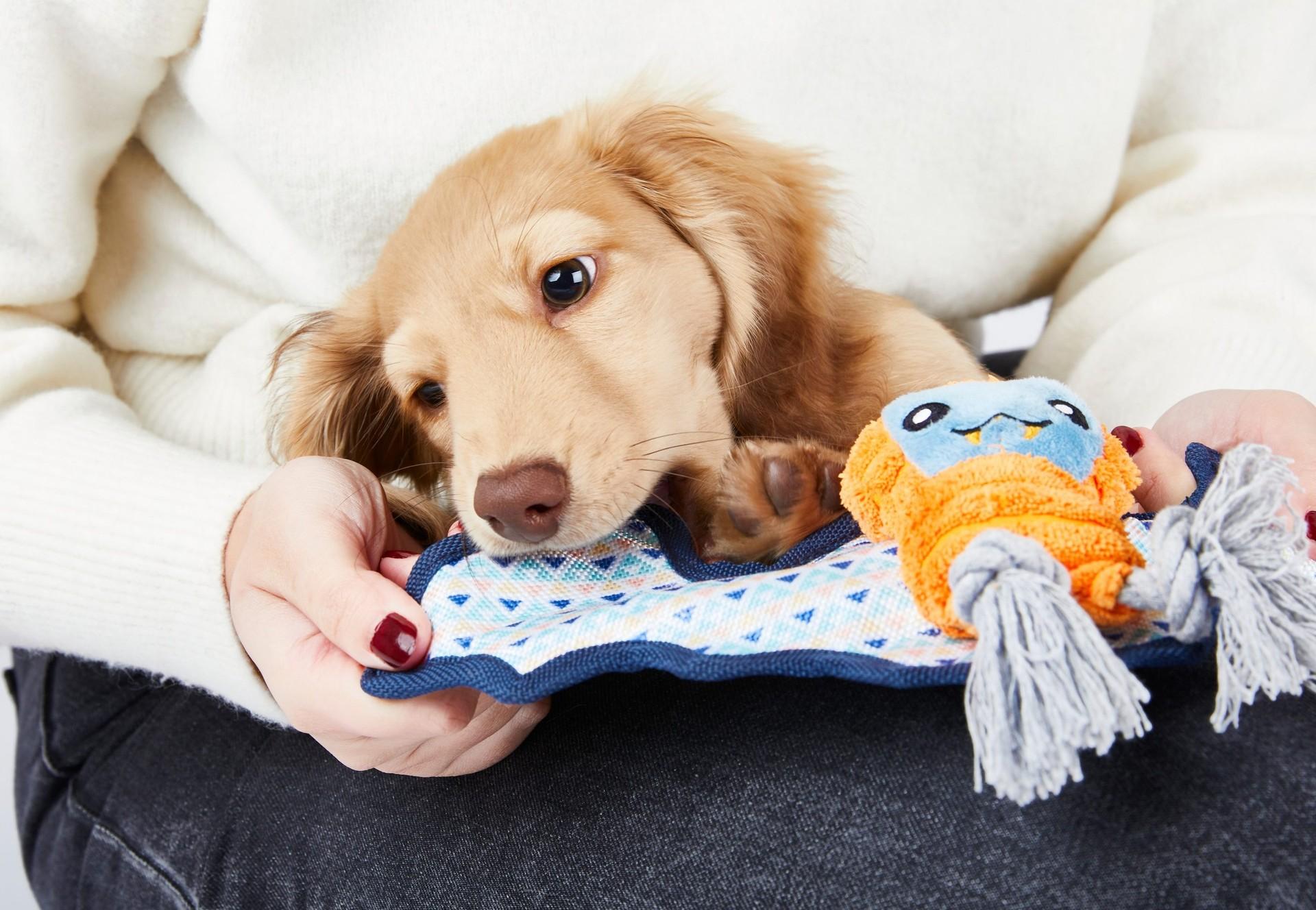
How to Find a Responsible Breeder
Thinking about buying a puppy? Follow these steps!
Before getting your new puppy, there are many things you need to keep in mind. From the high costs involved, and the time you need to dedicate to a puppy, to the list of items you need to purchase and even the type of food you wish to feed them. But one of the most important considerations should be: where to get your puppy from.
There are several different routes you can take; the best choice is of course to adopt a dog from a local shelter. Many dogs, including puppies, are in shelters for no other reason than they are no longer wanted by their owners – often because they were purchased on impulse. Adopting a dog is a very rewarding experience and you will receive lots of unconditional love in return! Nevertheless, if you want a puppy of a specific breed with certain characteristics that you cannot find elsewhere, you might decide to look for a breeder to purchase a puppy.
If this is your case, you can find helpful tips on how to find a responsible breeder here:
1. Don’t rush into buying a puppy.
Take your time and conduct research on the type of dog best suitable for your lifestyle. This means considering different breeds, sizes, behaviours, activity levels, and grooming needs. You might even decide a puppy isn’t ideal for you and decide to adopt an adult dog instead.
2. Search for a reputable breeder.
After identifying the type of dog you are looking for, search for a reputable breeder in your area that has a litter of puppies. You can start by visiting the specific breed’s kennel council website. There you can find out which breeders have a litter or are expecting a litter in the future. It is always worth waiting for a well-bred puppy even if it takes a while for a litter to be available. Some breeders are members of a a breed club or association and registered with the local governments. These registration aim to promote responsible breeding.
3. Be careful if buying a puppy online.
Many puppy dealers use Classified Ad Sites like Gumtree, Facebook and Instagram to sell puppies bred in puppy farms. They will pose as responsible or even registered breeders and say that the puppies are ‘homebred’ and provide falsified documents. Refer to our article on how to spot an unscrupulous puppy dealer.
4. Contact the breeder and ask questions.
By contacting the breeder, you can ask questions that can help you identify a responsible breeder. Ask if the seller is the genuine breeder and, if not, ask where the puppies have come from. Ensure you can see the conditions the puppies have been bred in, the mother dog or meet the breeder.
5. Step away from strange offers.
If a breeder you called says “I do not have a puppy available for you right now, but I will have more puppies in a couple of weeks’ time”, “I do not have a male/female in this litter, but I have more puppies coming in a couple of weeks” or “I can get you a puppy in the colour you want” – these are all indications that this may be a dubious breeder.
6. Ask about visiting the puppies before you buy.
A responsible breeder will allow you to visit the puppies before you decide to buy one and they will also want to meet you and check that you are a good match for their puppies. It is best if you can meet the puppies at least once before deciding to buy and take one home. You will also be able to meet the mother and possibly the father dog and have a better idea about living with the breed, as well as using this as an opportunity to ask the breeder lots of questions. If the breeder does not allow you to visit, this is another warning sign and you should walk away.
7. When buying the puppy insist that you do so at the breeder’s house.
It is important that you collect your puppy from the breeder’s house and not from another location or have the puppy delivered. By visiting the breeder’s house, you will be able to see the puppy interacting with their mother and with the other puppies. Do not buy the puppy if the mother is not present or if the breeder offers to deliver the puppy. Shockingly, there have been cases of dodgy puppy farmers using a ‘fake’ parent animal to try and trick an unsuspecting buyer that they are meeting the puppy’s real parent. The mother should be gentle and caring towards their puppies and not distant.
8. Watch for certain signs during the visit.
- How is the hygiene in the home?
- Does the mother dog look well cared for?
- Does the mother dog have a good connection to the puppies (checking in on them, licking them)?
- Check if the puppies look healthy and active. If the puppy you have chosen has runny eyes or nose, dull, matted coat, or even signs of diarrhoea, or is sitting in the corner looking lethargic or scared, there may be something wrong.
- If the environment feels strange for you, trust your instincts and leave. You should also report the breeder to the authorities if you are concerned.
9. Responsible breeders will want to ask lots of questions to ensure a good match.
A responsible breeder will always want to ask lots of questions to ensure that their puppy is going to a responsible home. Some breeders may carry out home checks or hold an online video meeting with new owners to see the home that their puppy is going to in the future. If the breeder asks few questions, is only interested in selling the puppy or is applying pressure for a quick sale, then walk away.
10. Puppy Buying Contracts are important: a responsible breeder will insist on the new owners signing a contract.
The contract aims to protect both the breeder and the new owner. The contract should state the name, address, and contact details for both the buyer and the seller of the puppy and include information on the puppy itself including their microchip number. There should be a health and welfare declaration where the breeder declares that the puppy is healthy, well and has been properly looked after prior to the sale. There should be a section on the rights of return which outlines what rights of return the buyer has for the puppy, and under what circumstances the breeder agrees to take the puppy back and return the purchase price. Additionally, the breeder will usually add a caveat that they must be informed and given first refusal to buy the dog back if the new owner is unable to take care of the dog. This section will also usually state that the breeder will make reasonable efforts to assist with rehoming the dog if necessary. Finally, there should be included in the contract, the purchase amount of the puppy, with both parties agreeing that the fee has been paid and the puppy handed over and that both agree to the terms of the contract.
11. Insist on a copy of all vaccination and health documents at the point of sale.
You should also receive microchip details, pedigree certificate if applicable and health tests and check the details to ensure that the provided documents are complete, and no important information is missing. A responsible breeder will also provide new owners with lots of information on how to care for their puppy. If they offer to send you these documents only after you have bought the puppy, walk away.
12. Ensure that the puppy is at least 8 weeks old before collection.
Puppies are generally sold between 8-12 weeks. A good age to pick up a puppy is when they are around 10 weeks old. Even if it is legal to separate puppies from the mother and siblings at 8 weeks, they will learn so much from their mother in the extra two weeks together.
13. Follow up.
A responsible breeder will want to keep in touch once the puppy has gone to their new home and will be happy to answer any questions the new owner has regarding the puppy after purchase. They will want to know that their puppy has settled in well in their new home and with their new owners.

